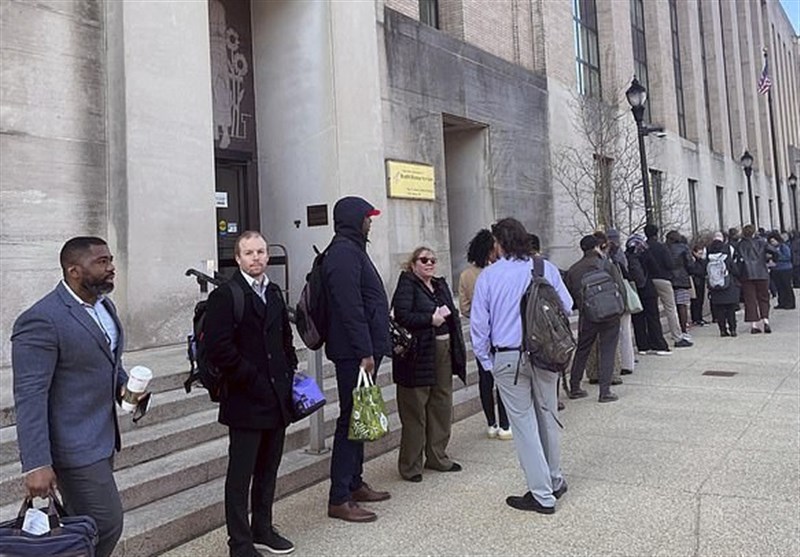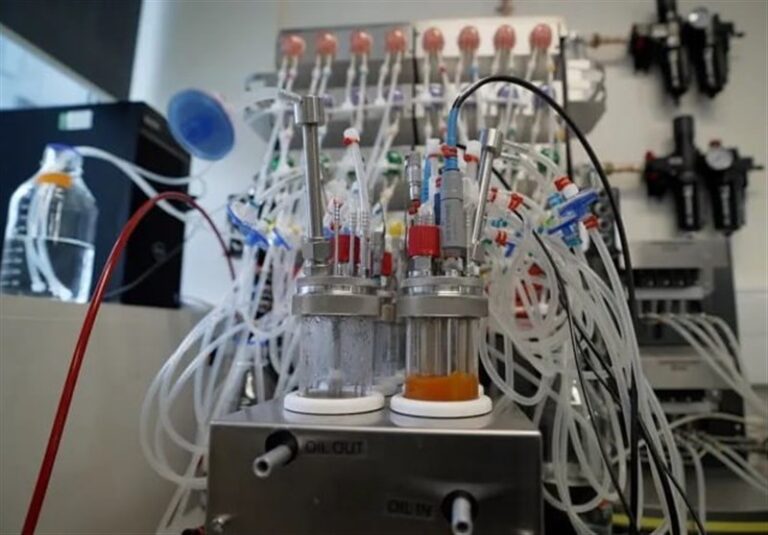Trump’s Layoffs Threaten Vital Cancer Research Breakthroughs
Dozens of National Institutes of Health (NIH) employees were recently laid off, a move that has sparked significant backlash from the medical community. This decision, executed under a Trump administration executive order, coincided with a remarkable breakthrough in cancer treatment, raising serious concerns about its timing and implications for patient care.
On Tuesday, NIH faced a substantial workforce reduction as part of a sweeping executive order issued by former President Donald Trump. This decision coincided with the publication of a pivotal study in Nature Medicine by NIH scientists, which revealed promising results in using personalized immunotherapy to shrink solid tumors in patients suffering from colorectal and other gastrointestinal cancers. The timing of these layoffs has left many in the scientific community shocked.
Experts have voiced their worries that these layoffs will delay critical care for cancer patients and further hinder research in a field already facing significant challenges. Dr. Steven Rosenberg, chief of surgery at the National Cancer Institute and a lead author of the groundbreaking study, expressed his concerns in an interview with The Washington Post. He stated, “This is not theoretical. We’ve already had to delay treatment for some patients. People who are running out of time.”
The layoffs affected numerous technical and research staff, including two scientists who were directly involved in developing the personalized immune cell therapies featured in the study. According to Dr. Rosenberg, at least two patients eligible for the new therapy have already faced treatment delays due to these staffing cuts, confirming that the impact is immediate and tangible.
Additional disruptions are anticipated, with nine other researchers at risk of having their contracts expire in 2025 or 2026, and no assurances for renewal. Dr. Rosenberg noted, “Right now, assuming things don’t get any worse, it would be a month (delay). These are not patients that have very many months left.”
The Trump administration has defended these layoffs, framing them as part of a larger initiative to streamline the federal workforce. A spokesperson for the Department of Health and Human Services stated, “NIH and HHS are complying with President Trump’s executive order.”
The study published in Nature Medicine provided cautious optimism, indicating that personalized cell therapy resulted in tumor shrinkage in eight out of 34 patients—a significant development in treating solid tumors, which have previously been resistant to conventional immunotherapies. The innovative treatment involves sequencing a patient’s tumor DNA, identifying targetable mutations, and expanding immune cells to combat those mutations.
Dr. Patrick Hwu, president of Moffitt Cancer Center in Florida, commented on the findings, calling them “very exciting,” and adding, “Very few labs in the country can do what they just did.” However, the same laboratories are now grappling with staffing shortages, supply delays, and travel restrictions that are adversely affecting both research and patient care.
Dr. Rosenberg expressed his frustration, stating, “We’ve had to slow down our work. I’ve never seen anything like this in my career.” He also mentioned being barred from attending a major cancer research conference due to the new travel limitations, which he described as a significant obstacle to collaboration. “Science is not a solitary effort,” he emphasized. “You lose time, you lose people, and you start losing momentum.”
The NIH Clinical Center, recognized as the largest research hospital in the nation, is still operational but has already experienced a reduction in capacity due to the loss of personnel with specialized knowledge in cell therapy manufacturing. This decrease in capacity is particularly concerning given the rising cancer rates among younger Americans.
- Recent studies indicate a troubling increase in gastrointestinal cancers among individuals under 50.
- This trend underscores the urgent need for research advancements and innovative treatment options.
- The NIH workforce reduction threatens to delay these vital advancements.
As the medical community grapples with the fallout from these layoffs, the imperative for continued research and innovation in cancer treatment has never been clearer. The stakes are high, and the future of cancer care hangs in the balance, highlighting the urgent need for a supportive environment for scientific research and patient treatment.






